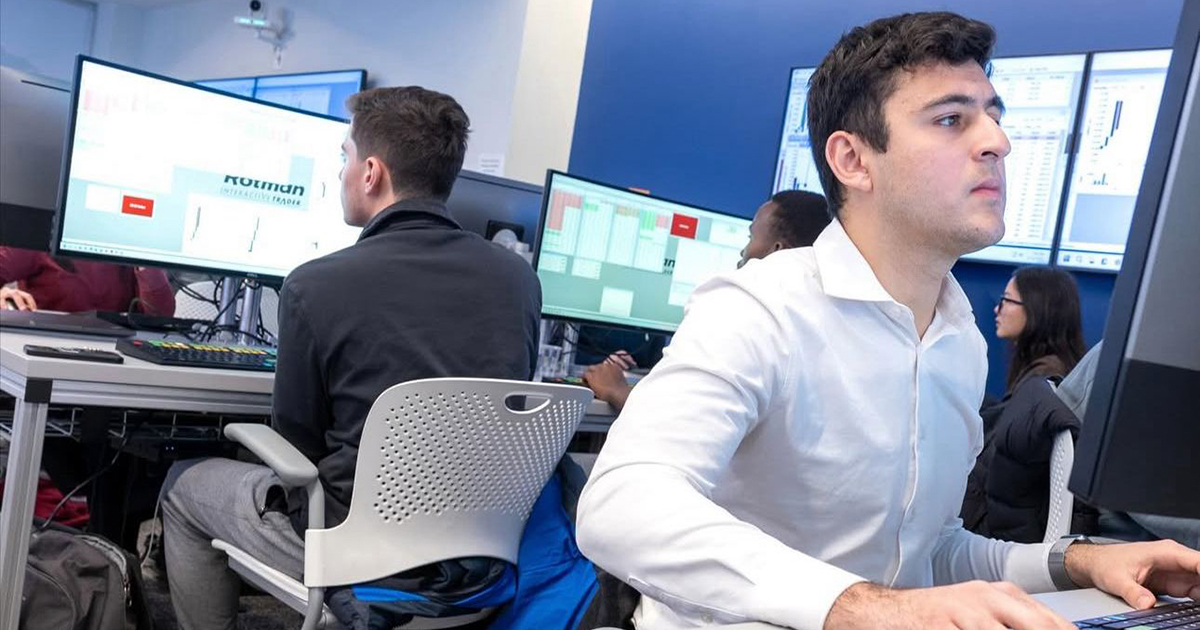GEM Report: U.S. Entrepreneurial Activity Returns to Near Pre-Pandemic Levels

Entrepreneurs always spot opportunity, especially in times of disruption. And, disruption often creates new entrepreneurs seeking opportunity.
The COVID-19 pandemic, in particular, has presented both dramatic disruption and unique opportunities. In fact, more American entrepreneurs report seeing increasingly more business opportunities despite the economic challenges of the pandemic, according to new research from the Global Entrepreneurship Monitor (GEM).
GEM’s 2021/2022 Global Report, “Opportunity Amid Disruption”—released Thursday at Expo 2020 Dubai—is the first published report of its kind that examines entrepreneurship one year into the pandemic.
“Much like with crises throughout history, the COVID-19 pandemic crisis surfaced new opportunities for entrepreneurs around the nation,” said Babson Professor of Entrepreneurship Jeffrey P. Shay ’87, MBA’91, who co-authored the GEM global report. “While some of the United States’ entrepreneurs may have chosen this route due to economic necessity, many have done so because of opportunity and positive perceptions of starting a business and self-confidence in their skills and abilities.”
GEM, a global consortium of academic researchers co-founded by Babson College in 1999, studies entrepreneurial motivation and activity around the world. The global report was one of two reports released Thursday, including another co-authored by Amanda Elam, research fellow at the Diana International Research Institute, based at Babson College, titled, “COVID-19 Impacts on Women Entrepreneurs in Emerging Economies: Insights and Indicators.”
Positive Perceptions
One of GEM’s key measures is the level of Total Entrepreneurial Activity (TEA), the percentage of adults (18–64 years old) actively engaged in starting or running a new business. Although it declined in 2020, the United States’ TEA recovered quickly in 2021 to 16.5%, nearly equal to pre-pandemic levels, according to GEM’s newest global report. The research also found that 66% of adults believe it is easy to start a business, and 63% reported that the pandemic introduced good opportunities to start a business in their area.

Jeffrey P. Shay ’87, MBA’91, the Executive Director for Academic Operations for The Arthur M. Blank School for Entrepreneurial Leadership at Babson College
The positive perceptions of starting a business were bolstered by entrepreneurs’ confidence, said Shay, also the Executive Director for Academic Operations for The Arthur M. Blank School for Entrepreneurial Leadership at Babson College. “They were confident in their skills,” he said. “Even during a crisis, they recognized the need for innovation and acted quickly to identify an opportunity.”
In 2021, the report revealed, 52.6% of TEA respondents see new opportunities as a result of the pandemic. Additionally, 60.8% of these respondents plan to use more digital technologies to grow their business in the next six months, indicating a willingness to adjust strategy and invest in tools that enhance communication with and distribution access to consumers.
Those findings indicate an increase in positive perceptions of the pandemic. In 2020, only 36% of U.S. respondents intending to start a business soon said it was due to the pandemic, one of the lower rates among peer economies at the time.
Solo Entrepreneurs
The COVID-19 era also has seen the acceleration of the rate of single-employee companies, known as “solopreneurship,” a trend that started before the pandemic.
The 2021 rate of U.S. adults expecting to remain as the only employee in the business rose nearly 20% from 2020, according to the new global report.
“Some of those solo entrepreneurs create their businesses out of economic necessity, but many of them start their businesses to capitalize on an opportunity,” Shay said. “That could be a business opportunity, or even the opportunity for more flexible work arrangements, which became more essential and possible during the pandemic.”
“Much like with crises throughout history, the COVID-19 pandemic crisis surfaced new opportunities for entrepreneurs around the nation.”
Babson’s Jeffrey P. Shay ’87, MBA’91, who co-authored GEM's global report
Shay said that change in work preference also creates opportunities for U.S. federal and state policymakers to address the trend and provide support for these solo entrepreneurs.
“More Americans are revealing their preference for flexible work, but current policies disincentivize these potential entrepreneurs,” Shay said. “While many policymakers are looking to push employers to classify contractors as benefit employees, policymakers could instead assist these solopreneurs by providing decent options for health care, savings, and other benefits.”
Around the World
The GEM Global Report also looked at entrepreneurship data and trends from around the world. Some of the more compelling findings include:
- In 15 out of 47 economies, more than half of those entrepreneurs starting or running a new business agreed that the pandemic had led to new business opportunities. In 2020, that had been the case for just nine of 46 economies surveyed.
- In 2021, more than 50% of entrepreneurs agreed that starting a business had become more difficult in only 18 of 47 economies. In 2020, almost twice as many economies (33 of 46) reported more than half of their entrepreneurs believed it to be more difficult.
- In 22 of the 47 economies, more than one in two adults agreed that their household income had decreased.
Posted in Community




